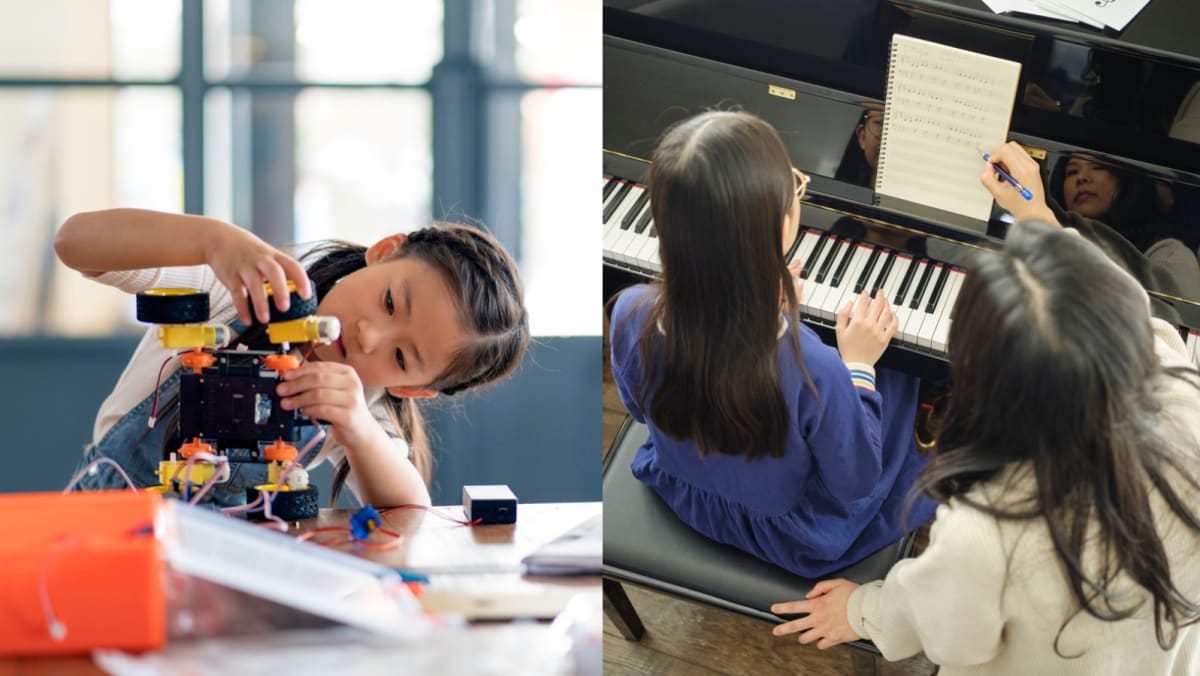THE DOWNSIDE OF STRUCTURED ACTIVITIES
Structured activities are usually focused on outcomes. They tend to be didactic in nature, leaving little room for child agency and decision-making. Researchers from the University of Colorado reported that more time spent in structured activities resulted in poorer self-direction and executive functions for the 6- to 7-year-old children in their study.
Executive functions include the ability to plan, achieve goals, and practise self-regulation and flexible thinking required in problem-solving. Ironically, these are the very skills that parents hope their children will acquire when they sign their children up for structured activities.
Parents may respond “But my child enjoys these activities.” Do they really? Any new experience can be exciting in the first day or so, but would they rather run freely in the field, dig in the sand, build a tall tower or play silly games with mum and dad, than attend days of classes on end?
There is much to be said for the benefits of unstructured, free play with no “purpose”. In his seminal work, The Playful Brain, Dr Sergio Pellis shares his research that the neuron connections at the prefrontal cortex, the brain’s executive control centre, changes during play.
For healthy brain development, he recommends children play on their own terms, with rules they create and negotiate, ideas they can test, and mistakes they can reflect on and learn from. Children should play not for any outcome or purpose but for the joy of experiencing freedom to be and discover themselves.

